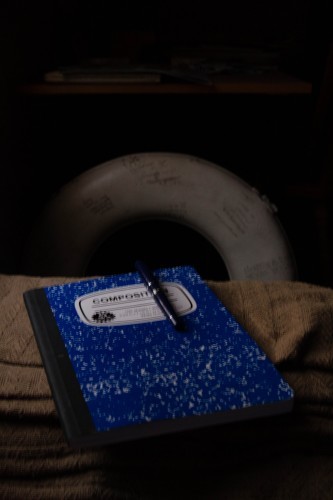The Toolbox
Reflections on the Rule of St. Benedict

In Gran Torino, Clint Eastwood plays Walt, a bitter older man who through the relationship with his Hmong neighbors redeems his broken life. He mentors Tao, a young Hmong neighbor needing a male role-model. In the garage, Tao is amazed at the set of tools Walt acquired. Walt tells Tao, “I didn't buy all this stuff at once, blockhead. I've lived here for fifty years. A man stays in one place long enough he tends to attract a decent set of tools.”
Chapter 4 of the Rule of St. Benedict includes a list of “Tools for Good Works” It’s a long list of virtues and practices a faithful follower will exhibit. There are 77 of them, little words of advice on how live. It’s all very basic, rules like “Devote yourself to prayer,” “If you have a dispute with someone, make peace with him before the sun goes down,” and “Refrain from too much eating or sleeping and from laziness.” All of these things are simple, but none of them are easy.
I used to think of virtues as something one inherently had or didn't have. Patience, I thought, was something one was born with or without, like the ability to run exceptionally quickly or a naturally big nose; most of us don’t have much choice in these matters. Benedict, though, sees these virtues and practices as learned. Like Walt’s tool collection, one attracts these tools of good works over a lifetime. Benedict, in the prologue, announced the intention to create a “school for the Lord’s service.” Under the Rule and in this school we learn these tools. Through stability, staying in the school of life the monastery is, things like patience, prayer, and forgiveness--what Benedict calls “tools of the spiritual craft”-- are acquired.
I underestimate what I can learn. I assume I’m not good with these tools and throw up my hands as though I won’t ever have them. Benedict, though, thinks we need the whole toolbox and won’t let us stop until we learn them all.
"In drawing up its regulations, we hope to set down nothing harsh, nothing burdensome." - Rule of St. Benedict